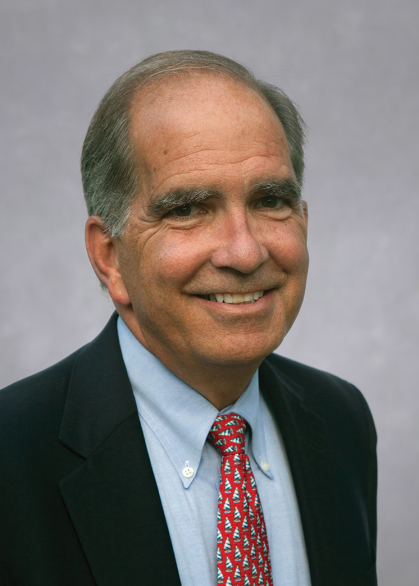A Reputation Worth Having
THE STATE WE'RE IN: How Rutgers took the lead among universities in requiring student vaccinations.

On an otherwise quiet news day in March, president Jonathan Holloway announced that vaccinations for COVID-19 would be required for all Rutgers students who wish to return to campus for the fall semester. With the announcement, Rutgers assumed a national leadership role, received international news attention, and started a movement among universities, large and small, that are dedicated to making their institutions as safe as possible.
The news coverage of President Holloway’s announcement was among the most highly covered Rutgers stories in years.
The list of outlets that covered the announcement reads like a Who’s Who of media giants. Network satellite trucks pulled onto campus and journalists interviewed President Holloway and Tony Calcado, executive vice president for strategic planning and operations at the university, about the decision. The media also sought student opinion on the vaccination mandate. The students could not have been happier; anything that would allow them to return to campus and a more traditional college life was worth a shot, or two, in the arm.
There have been some objections from the anti-vaxxer crowd, but those voices have largely come from distant places and very few from within the Rutgers community. One state legislator voiced objections and introduced legislation to reverse the decision. The bill has little chance of consideration in the New Jersey legislature.
President Holloway has made it a goal to raise Rutgers’ national and international profile and reputation. By taking bold steps like the vaccination mandate, Rutgers has become the national role model for protecting the health and safety of the students who learn here and the faculty, researchers, and staff who work here.
It’s a good reputation to have.
Peter J. McDonough is the senior vice president for External Affairs at Rutgers.